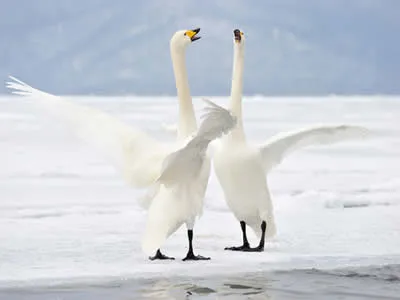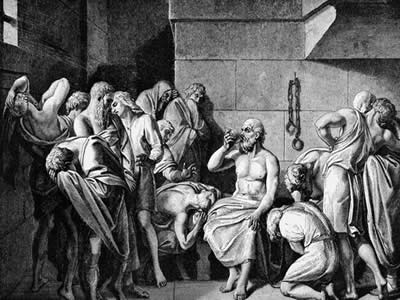
The Swan Song was a legend possibly created in Ancient Greece to refer to a person’s last great feat.
The expression Swan Song is a metaphor that generally refers to a person’s last attempt to do something great before their death. The expression is used to express the great final works of artists, or also some final attempt to maintain greatness in some career, or in any other social sphere.
The expression originates from the belief that the white swan ( cygnus olor ) lived its entire life chirping without much beauty or even without making any sounds, performing this action only before dying. In that final moment, a beautiful song echoed from the swan before its death. Therefore, it refers to the final work of a great artist, who would have accumulated inspiration during his life to ultimately conceive a beautiful work of art.
A possible first mention of this expression would have been made by Socrates, before committing suicide by ingesting hemlock, in 399 BC. Plato, in the dialogue Phaedo, presents a last sentence by Socrates, in which the great Greek philosopher had made reference to swans:
“When they feel the hour of death approaching, these birds, which during their lives already sang, then display the most splendid, most beautiful song; they are happy to meet the god whose servants they are. (…) I personally don’t believe they sing out of sadness; I believe, on the contrary, that, being the birds of Apollo, swans possess a divinatory gift and, as a gift of the joys they would enjoy in Hades, they sing, on that day, more joyfully than ever.” [1]Don’t stop now… There’s more after the advertising 😉

Socrates drinking hemlock, in an engraving published in the Pictographic History of the Great Nations of the World
For a long time, this action of the white swan was believed to be true. There were several poets or even musicians who referred to it.
However, scientists refuted the story. White swans are not mute, as they grunt and whistle throughout their lives. They also do not perform any chants when they die.
This situation shows how expressions, when they create cultural roots, are difficult to use, their metaphorical meanings being more valuable than their scientific truth.